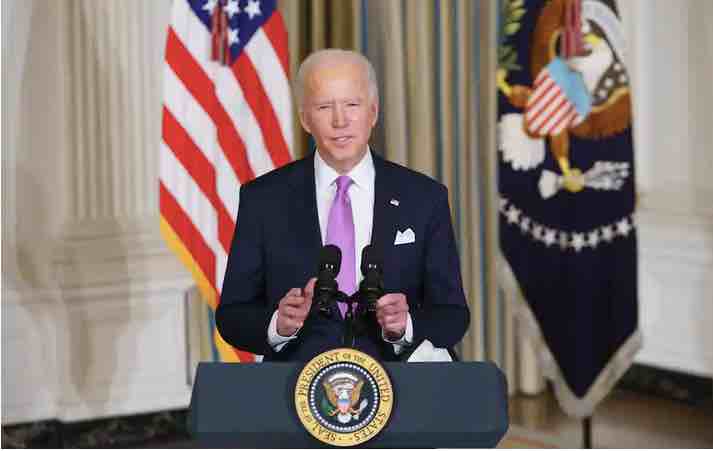“Unity and healing must begin with understanding and truth, not ignorance and lies,” President Biden said Tuesday. He might as well have been talking about the events of Jan. 6, from which Republicans simply want to move on. Instead, he was speaking more generally about racial inequity in America before signing a package of executive orders making good on his promise to make the issue a central feature of his administration.
Biden’s approach feels innovative, not so much for the details of his orders (e.g., phasing out for-profit prisons, advancing efforts to root out housing discrimination) but for the rhetoric he deploys to make his case. He talks about the violent insurrectionists as “thugs” and “white supremacists,” but he does not paint all Whites as racist. One can argue that Whites have been advantaged by their race, unconsciously in many cases, but his purpose is not to indict or virtue signal.
Certainly, he called for candor about who we are and how we got here. In that regard, he said, “I’ve rescinded the previous administration’s harmful ban on diversity and sensitivity training, and abolished the offensive, counterfactual 1776 Commission.” But the essence of Biden’s appeal is the practical argument that discrimination is bad for all Americans. He decried the mind-set (fanned by white supremacists who want to instill fear and resentment) that fosters opposition to efforts to address historic inequities. “For too long we’ve allowed a narrow, cramped view of the promise of this nation to fester,” he said. “We bought the view that America is a zero sum game. If you succeed, I fail. . . . Maybe worst of all, if I hold you down, I lift myself up.” If large groups of Americans have worse educational opportunities, do not prosper or cannot buy a home, we all are less prosperous, he argued.
Read full article




